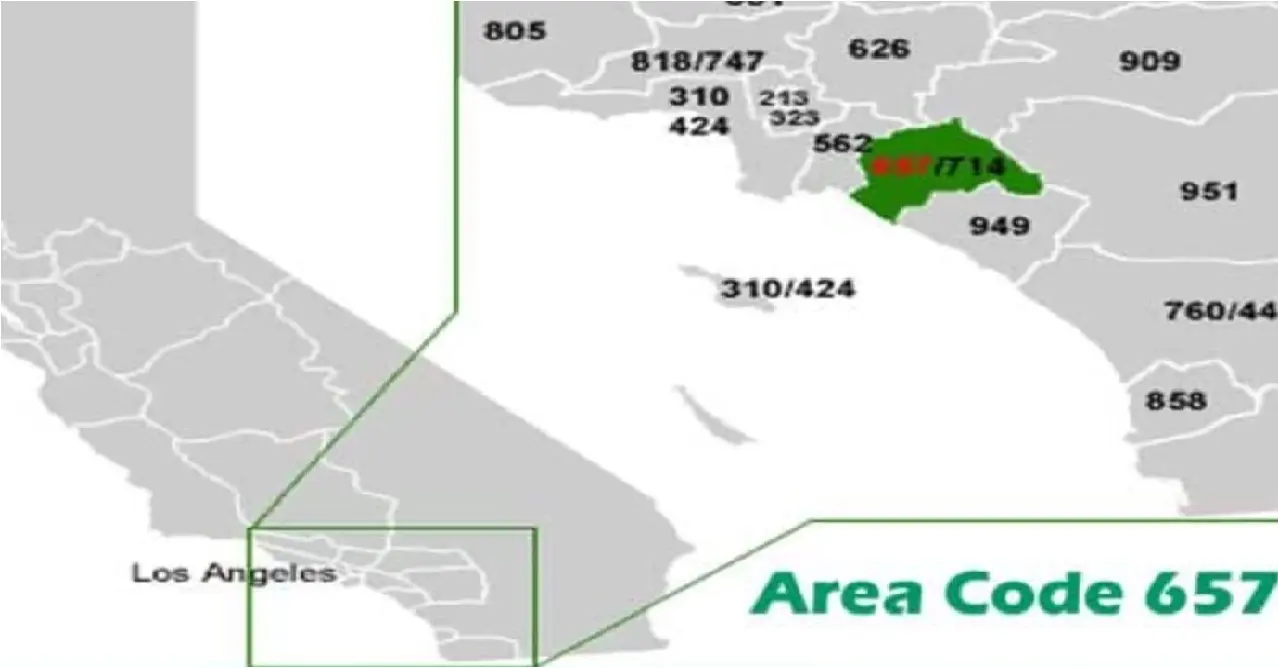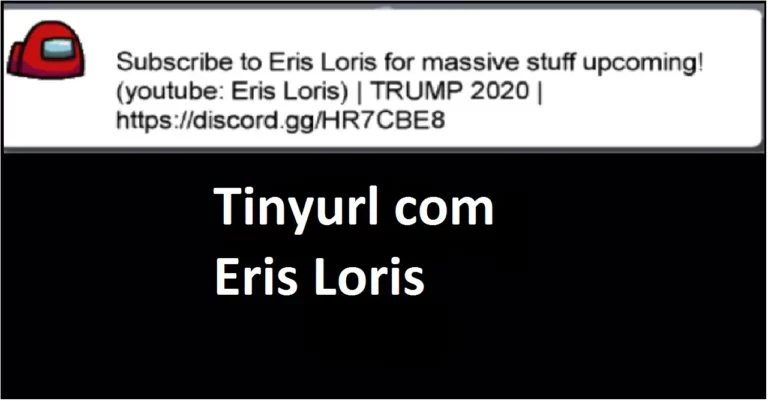657 Area Code Scam – Beware of These Scams!
657 Area Code Scam is currently doing the rounds on social media and through text messages. If you receive any calls or text messages from this number, please do not click on any suspicious links it comprises and report the same immediately. This number is being used to steal your personal information and card details, so it is important to avoid it at all costs.
About 657 Area Code Scam:
This number is being used to steal your personal information and card details, so it is important to avoid it at all costs. Unfortunately, this scam has been going on for years, and it has been able to trick many people into giving up their money.
The first thing that you should know about this scam is that it does not actually exist. The 657 area code is only used in Puerto Rico, which makes it impossible for anyone from this area to call you from their home landline or cell phone.
If someone calls you from 657-xxx-xxxx and asks you for money or personal information, then they are most likely trying to scam you. The only way that someone could be calling you from Puerto Rico would be if they were using an application like Skype or Google Voice, but even then they would have no way of knowing your real name or address unless they had already stolen it from you or someone else!
This scam has been going on for several years now, and there have been many victims who have lost thousands of dollars because of it. If you receive a call from any number with the 657 area code then do not answer it at all costs!
What to Look For:
There are several things to look for when you suspect you are being scammed.
The first is the caller ID. If you see a number with the area code of “657” then that is a huge red flag. This number does not exist in any part of the world except for Puerto Rico.
Another thing to look out for is if the person on the other line asks you for money or personal information. If they do, then hang up immediately!
You should also be suspicious if the caller claims to be from a government agency or a well-known company. These scammers will often say that they are calling from the IRS or Microsoft in order to try and trick you into giving them your personal information.
How the Scam Works:
The scammers will contact you and try to get personal information from you. They may say that they are from the IRS or a government agency and that they owe money. They will often threaten to arrest you if you don’t pay them immediately.
They will then ask for your credit card number or bank account information so they can process the payment. Once they have your information, they will use it to make fraudulent charges or withdraw money from your account.
Protect Yourself:
There are a couple of things you can do to protect yourself from falling victim to one of these 657 area code scams.
First, be aware that these scams exist and be vigilant when receiving any calls from unfamiliar numbers, especially ones with short area codes like 657.
Secondly, if you do receive a call from this area code, do not answer it unless you are absolutely certain who the caller is. If you answer the call and the caller asks for personal information or money, simply hang up – do not engage in any further conversation.
Finally, if you know anyone who has been affected by these scams, please warn them and help spread awareness so that as many people as possible can protect themselves.
What are the most common callers with Area Code 657 scams?
- 657-235-9124
- 657-286-6049
- 657-230-7532
- 657-230-7441
- 657-202-5151
- 657-235-5046
- 657-321-5186
- 657-202-9364
- 657-220-1616
Following is a list of some of the most common callers with this prefix. Many people have described these numbers after receiving scam calls and text messages.
Frequently Asked Questions
Who is calling from 657 area code?
The 657 area code is located in California, and includes the cities of Anaheim, Santa Ana, and Newport Beach. This area code is generally used for cell phones and pagers. If you receive a call from this area code, it is likely from someone you know or have met recently.
However, if you do not recognize the number, it is best to use caution before answering or returning the call.
What city is the area code for 657?
The 657 area code is located in California, and includes the cities of Anaheim, Santa Ana, and Newport Beach.
How do I know if a call is legit?
There are several ways to determine whether or not a phone call is legitimate.
One way to tell if a call is bogus is to check the number that called you. If the number doesn’t appear in your contact list, it’s likely a spam call. You can also look up the number online to see if it’s been reported as spam.
Another way to tell if a phone call is fake is by the ringtone. If you don’t recognize the ringtone, it’s probably not a real call. Be wary of calls that come in late at night or during odd hours, as these are often spam calls.
Is 757 area code a scam?
757 area code is not a scam.
What area codes should you not answer?
You should not answer any calls from the following area codes, as they are likely associated with spam or scam calls:
227, 236, 244, 246, 250, 253, 267, 269, 289, 300, 302, 306, 323
Does * 67 still work?
Yes, *67 still works to hide your caller ID. When you use this feature, the person you are calling will not be able to see your phone number. This can be helpful if you want to keep your identity anonymous or if you are being harassed by someone.
How do I stop spam phone calls?
There are several things you can do to stop spam phone calls.
The first thing you can do is add your number to the National Do Not Call Registry. This will stop most telemarketing calls.
You can also install a call blocker app on your phone. These apps will help you identify spam calls and block them from ringing or going to voicemail.
Finally, you can report spam calls to the Federal Trade Commission. This will help them investigate and prosecute scammers.
How do you find out who is calling you?
One way to tell if a call is bogus is to check the number that called you. If the number doesn’t appear in your contact list, it’s likely a spam call. You can also look up the number online to see if it’s been reported as spam.







